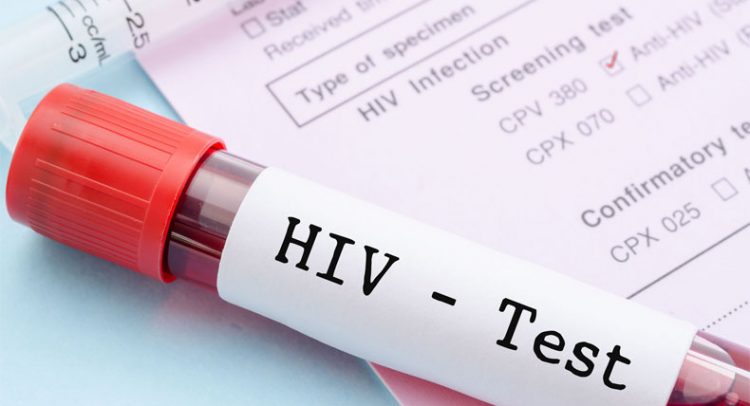The Evidence for Contraceptive Options and HIV Outcomes (ECHO) trail to find the relationship between hormonal contraceptive use and the risk of HIV acquisition has revealed high incidence of HIV infection among participants of the study.
Began in December 2015, the study enrolled and followed 7,829 sexually active African women, HIV-negative women ages 16 to 35 years across 12 clinical trial sites in Eswatini, Kenya, South Africa, and Zambia, to detect a 50 percent increase in new HIV infections for each of the three contraceptive methods compared to each other method.
It compared the risk of HIV acquisition among women randomised to the progestin-only depot-medroxy progesterone acetate, given by intramuscular injection (DMPA-IM); a non-hormonal copper intrauterine device (copper IUD); and a progestin-based implant containing the hormone levonorgestrel (LNG implant).
A total 397 of the study participants were infected with HIV out of which 143 were among women in the DMPA-IM group, 138 were in the copper IUD group and 116 were in the LNG implant group.
The HIV incidence per year by group was therefore 4.19 percent, 3.94 percent and 3.31 percent, respectively.
However no method showed a 50 percent increase in HIV risk compared to the other two.
ECHO did not include a control group, because it would have been unethical to give participants who were seeking effective contraceptive a placebo or no method.
Only seven percent of women experienced complications or side effects resulting in method discontinuation.
All three study methods had high contraceptive effectiveness with pregnancy rates of about one percent or less per year in analyses that excluded time off method.
“The alarmingly high HIV incidence among study participants highlights the need for more aggressive efforts to prevent HIV and for integration of HIV prevention, including pre-exposure prophylaxis (PrEP), into contraceptive services,” said Dr Jared Baeten, Professor and Vice Chair of the Department of Global Health at the University of Washington Schools of Medicine and Public Health and an ECHO MC member.
“Our results can help contraceptive providers and policy makers deliver high-quality, integrated, rights-based care,”he says.
“Even more important, the results can help women make informed choices about how to protect themselves from HIV and unintended pregnancy, but only if they have the information they need and the means to act on it.”
The published results would be shared with WHO’s Guideline Development Group, which WHO will convene at the end of July 2019.
This group would consider the most recent research on contraception and HIV risk, including the ECHO trial results, and determine whether any changes are needed to WHO’s Medical Eligibility Criteria, which serve as global guidance on contraceptive use.
“These results support making available to women and girls a broad choice of effective contraceptive methods that empower them to make informed decisions about their own bodies — including if and when to have children,” says Dr James Kiarie of the Department of Reproductive Health and Research at the World Health Organization and an ECHO MC member.
“The study also highlights the need to step up HIV prevention efforts in these high-burden countries, particularly for young women,” he added.
The results of this, which was conducted by a research consortium led by FHI 360, the University of Washington, Wits Reproductive Health and HIV Institute (Wits RHI) and the World Health Organization (WHO), were announced today, 13 June 2019, at the South African AIDS Conference in Durban, South Africa.
By Jamila Akweley Okertchiri

